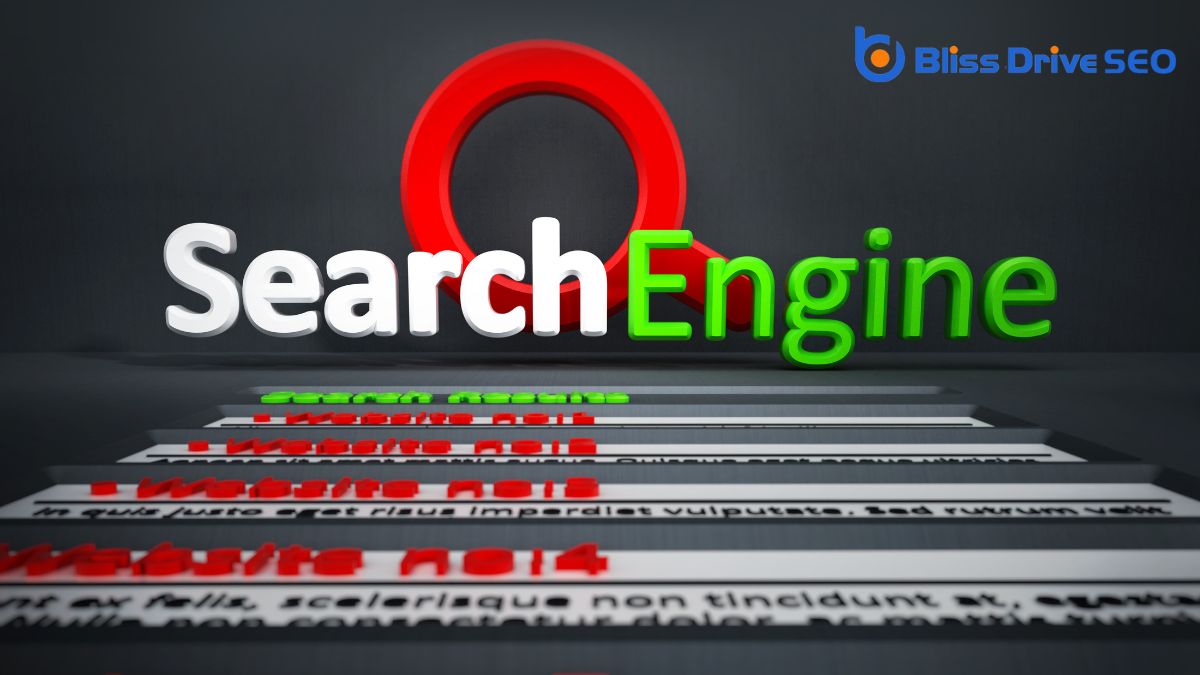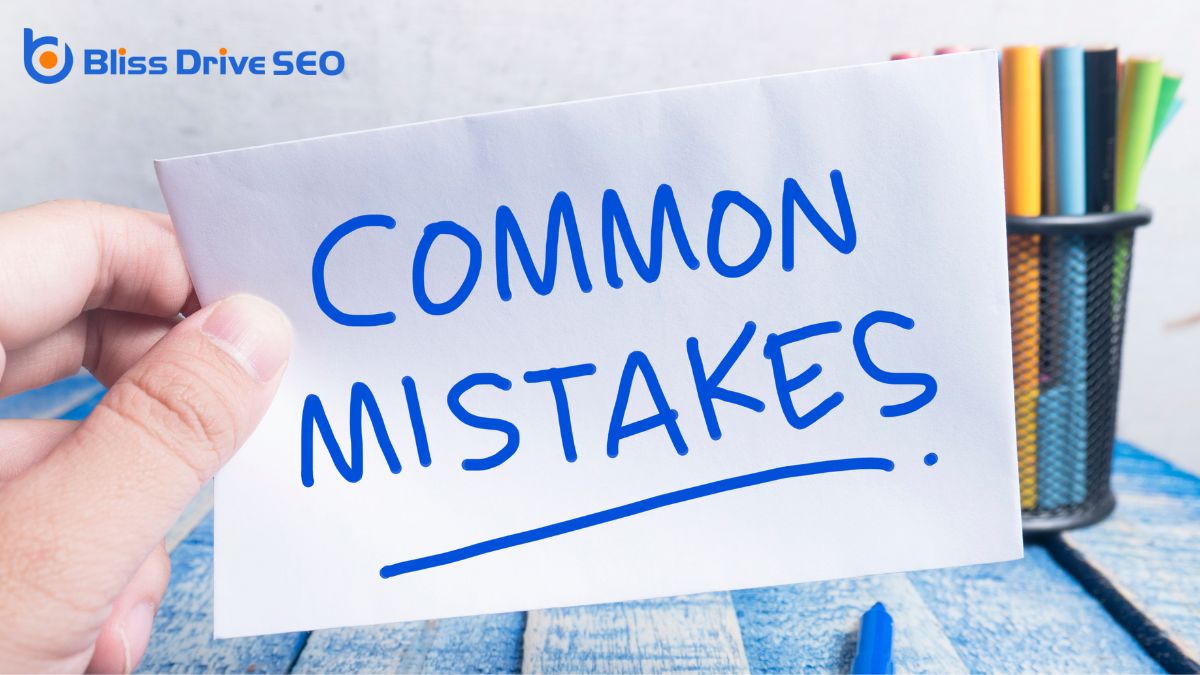Digital Marketing Services
Learn More About Us

When you're starting with SEO, it's important to grasp how search engines operate and why keywordsWords or phrases that users type into search engines to find information. are significant. Think of SEO as a way to communicate in the same language as search engines, aiding them in comprehending and ranking your content. You'll need to learn about on-page methods, like enhancing headlines and meta descriptions, as well as off-page approaches, such as creating high-quality backlinksLinks from other websites pointing to your website, crucial for SEO.. But that's not all. There's a complete technical aspect to SEO that guarantees your website runs smoothly and effectively. So, why does mastering these elements matter, and what common mistakes should you steer clear of?

When diving into the world of SEO, understanding search engines is your first critical step. These platforms are like digital librarians, constantly crawlingThe process by which search engines discover new and updated web pages to index. the web to collect and organize information. Your goal is to make sure your content gets indexed and ranked so it can be easily found by users searching for related topics.
Search engines, like Google, use complex algorithms to determine which pages offerThe specific product or service being promoted by affiliates. the best answers to user queries. Knowing how these algorithms work helps you craft content that meets their criteria.
Think of search engines as answer-finders. When someone types a query, the engine scans its index to find the most relevant and useful pages. They analyze various factors, like keywords, site structure, and user experience, to rank pages. As you learn the ropes, focus on creating quality content that aligns with these elements.
It's crucial to keep up with changes, as search engines frequently update their algorithms to improve accuracy and user satisfaction. By paying attention to these updates, you can adjust your strategy accordingly. Remember, the more you understand how search engines operate, the more effectively you can optimize your content to reach your audience.
Having grasped the basics of how search engines operate, it's time to focus on the key components that will make your SEO efforts successful. These components are necessary for improving your website's search engine rankings and guaranteeing that your audience finds relevant content. By understanding and implementing them, you'll enhance your site's visibility and user experience.
First, optimize your website's on-page elements. This includes title tags, meta descriptions, and header tags. These elements provide search engines with information about your content and help enhance click-through rates.
Second, focus on creating high-quality, engaging content. Content is king in the world of SEO, and providing valuable information to your audience will keep them coming back.
Third, ensure mobile responsiveness. With more users accessing the internet via smartphones, a mobile-friendly site is vital for maintaining good rankings.
Fourth, enhance site speed. Quicker loading times improve user experience and can positively impact your SEO performance.
Finally, establish quality backlinks. Links from reputable sites indicate to search engines that your site is authoritative and trustworthy.
Remember these key components:
When you're working on SEO, selecting the right keywords is important for attracting the right audience.
You should aim for a balanced keyword densityThe percentage of times a keyword appears on a page compared to the total number of words. to guarantee your content remains natural and engaging.
Don't forget the power of long-tail keywordsLonger, more specific keyword phrases that are less competitive and often more targeted., as they often bring in more targeted traffic and can enhance your site's visibility.
Choosing the right keywords is a fundamental step in any successful SEO strategy. When you're selecting relevant keywords, you're laying the foundation for your site's visibility and effectiveness in search engines. Think about the words and phrases your potential audience might use when searching for the products or services you offer. The goal is to align your content with their search intentThe purpose behind a user’s search query., making it easier for them to find you.
Here are some tips to help you choose the right keywords:
Understanding keyword density is pivotal for optimizing your content without overstuffing it. It's all about striking the right balance between having enough keywords to make your content relevant to search engines and not so many that it feels forced or unnatural. Aim for a keyword density of about 1-2%, meaning your keyword should appear once or twice per hundred words. This helps maintain the quality of your writing while ensuring that search engines recognize your content's relevance to specific search queries.
You want to use keywords naturally throughout your content, keeping the reader's experience in mind. Instead of forcing keywords into every sentence, incorporate them where they make sense. This approach keeps your content engaging and easy to read, which is crucial for keeping your audience interested.
Additionally, using synonyms and related terms can enhance the content's richness, providing context without repetitive stuffing.
Long-tail keywords are a powerful tool in your SEO arsenal, offering precision and relevance that broad keywords often lack. They help you connect with a more specific audience, increasing the chances of attracting the right visitors to your site. Instead of competing with numerous websites for popular terms, you target nicheA specific segment of the market targeted by affiliates to promote products or services. phrases that reflect specific user intent. This strategy can improve your site's ranking and conversionThe completion of a desired action by a referred user, such as making a purchase or filling out a fo... rates.
By using long-tail keywords, you gain several key advantages:
Focusing on long-tail keywords allows you to hone in on what your audience truly seeks, making your SEO efforts more effective and rewarding.
When it comes to boosting your website's visibility, mastering on-page SEOOptimization techniques performed directly on the website, including content and HTML source code. techniques is vital. These techniques help search engines understand your content and rank it accordingly. Start by optimizing your title tags. Make sure each page has a unique, descriptive title that includes your target keywords. This helps search engines and users know what your page is about.
Next, focus on your meta descriptions. Though they don't directly impact rankings, they influence click-through rates. Write compelling, concise descriptions that incorporate your keywords naturally and entice users to click.
Headings are another essential element. Use H1 tags for main titles and H2 or H3 tags for subheadings. This hierarchy makes your content easier to read and understand for both users and search engines.
Don't forget about internal links. These links connect your pages, helping visitors navigate your site and distribute ranking power across your site's pages. Use descriptive anchor textThe clickable text in a hyperlink, important for SEO as it provides context for the linked page. to guide users and search engines.
Lastly, always pay attention to the quality of your content. Make sure it's informative, engaging, and relevant to your audience. Regularly update your content to keep it fresh. By implementing these on-page SEO techniques, you'll improve your site's ranking and user experience.
Off-page SEOOptimization actions taken outside the website, primarily involving backlinks and social media. strategies are essential for boosting your website's credibility and visibility. Focus on building quality backlinks by connecting with reputable sites and engaging in social media to amplify your reach. By doing so, you'll attract more visitors and improve your site's ranking.
Backlinks are an essential component of off-page SEO strategies, acting as votes of confidence from other websites that signal to search engines your site's credibility and authority. To build quality backlinks, you need to focus on acquiring links from reputable and relevant websites. It's not just about quantity; the quality of these links can significantly impact your search engine rankings. Here's how you can effectively build quality backlinks:
After focusing on building quality backlinks, it's also important to harness the power of social media engagementThe interaction between a brand and its audience on social media, including likes, comments, shares,... to enhance your off-page SEO strategies. Social media isn't just for socializing—it's a powerful tool to boost your website's visibility. By actively engaging on platforms like FacebookA social networking site where users can post comments, share photographs, and links to news or othe..., TwitterA microblogging and social networking service where users post and interact with messages known as "..., InstagramA photo and video-sharing social networking service owned by Facebook., or LinkedInA professional networking site used for career and business networking., you can drive traffic to your site and improve its search engine ranking.
Start by sharing valuable content related to your niche and encourage discussions around it. Reply promptly to comments, and don't hesitate to ask questions to spark conversation. This interaction builds trust and signals to search engines that your content is valuable and engaging.
You should also share your blog posts, infographics, and videos consistently. When your audience shares your content, it increases your reach and can leadA potential customer referred by an affiliate who has shown interest in the product or service but h... to more backlinks, further enhancing your SEO.
Consider collaborating with influencers in your industry. Their endorsement can introduce your brand to a larger audience, potentially driving more traffic to your site.
Immerse yourself in the world of Technical SEOOptimizing the server and website structure to improve search engine crawling and indexing., where the focus is on optimizing the infrastructure of your website to enhance its visibility and performance on search engines. It's all about making your site easy for search engines to explore and ensuring the backend is in top-notch condition. You'll need to delve into several areas to make certain your site isn't just online, but accessible and efficient.
Here are key elements to pay attention to:
When it comes to measuring SEO success, it's important to get a handle on the right metrics that truly reflect your progress. You can't just rely on one factor; a combination of metrics will give you a clearer picture.
Start by looking at organic trafficVisitors who come to a website through unpaid search engine results.. This measures how many visitors come from search engines. If your SEO efforts are paying off, you'll see a steady increase in this number.
Next, consider your keyword rankings. Track where your site appears on search engine results pages (SERPs) for targeted keywords. Higher rankings typically mean better visibility and more traffic. But don't obsess over individual keyword positions; focus on overall trends.
Click-through rate (CTR)The percentage of users who click on a specific link or CTA. is another significant metric. It shows the percentage of people who click on your site after seeing it in search results. A higher CTR suggests your titles and descriptions are appealing.

While tracking your SEO metrics is essential for gauging progress, avoiding common mistakes is equally significant in ensuring your efforts are effective. Even seasoned marketers can stumble into pitfalls that can hinder their SEO performance. By being aware of these common mistakes, you can steer clear and keep your strategy on track.
Here are some common SEO mistakes you should avoid:
By delving into SEO, you'll reveal the potential to enhance your online presence and attract more visitors to your site. Remember, keywords are your guide, and both on-page and off-page techniques are your tools. Don't overlook the technical aspects, as they lay the foundation for your success. Keep an eye on your progress and learn from any missteps. With dedication and practice, you'll master SEO and watch your website flourish in search engine rankings.
